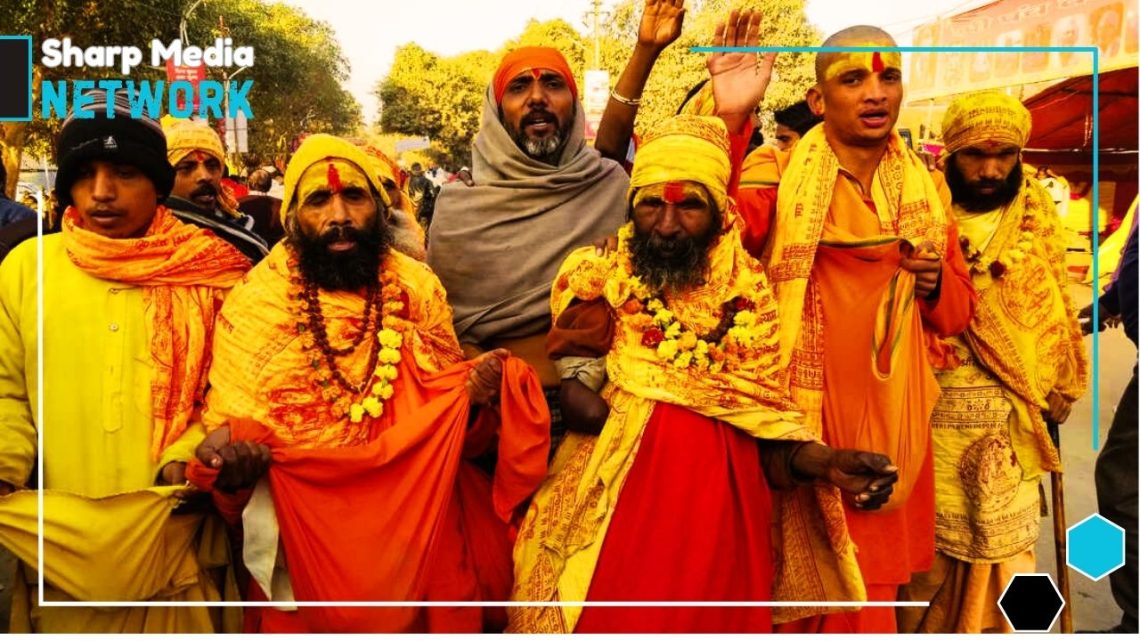
Hindutva’s Assault on India’s Secular Identity: Erasing Muslim Heritage
December 3, 2024India’s secular identity is under siege as Hindutva forces rewrite history and target Muslim heritage, deepening religious divides and threatening national unity.
A recent petition in Ajmer has sparked new controversy, with claims that a Shiva temple exists within the Dargah of Sufi saint Moinuddin Chishti. The petition, filed in September 2023, seeks permission to worship at this site, marking yet another chapter in the ongoing battle over India’s religious heritage. A similar petition was filed in Sambhal, where Hari Shanker Jain claims that the 16th-century Jama Masjid was constructed over the ruins of an ancient Hindu temple. Jain, a key figure in other high-profile cases like Gyanvapi and Mathura, is seeking religious rights at contested sites, despite their legal status as protected national monuments.
These developments are part of a broader strategy pushed by the ruling BJP, in alliance with the RSS, to reshape India’s religious landscape. Since Narendra Modi’s rise to power in 2014, Hindutva ideology has gained traction, fostering religious divisions and targeting Muslim identity. The petitions in Ajmer and Sambhal represent an ongoing effort to erase Muslim heritage, a movement that has been fueled by the destructive events surrounding the Babri Masjid in 1992.
Hindu extremists, emboldened by political support, have used slogans like “Mandir wahin banayenge” to demand that temples be built on Muslim religious sites. The Babri Masjid demolition marked a violent turning point in India’s history, instigating nationwide unrest. Following this, court battles and political rhetoric have worked to justify the destruction of Muslim properties, including mosques and dargahs, under the guise of reclaiming Hindu temples.
This aggressive push not only undermines the integrity of India’s secular constitution but also violates the Places of Worship (Special Provisions) Act of 1991. This law prohibits altering the religious character of any place of worship as it stood on August 15, 1947. Yet, the Modi government has shown tacit support for the demolition of Muslim heritage sites, ignoring this legal safeguard.
The BJP’s actions are part of a broader agenda to marginalize Muslims, further evident in laws like the Citizenship Amendment Act (CAA) and the National Register of Citizens (NRC). These policies are designed to exclude Muslims from citizenship, particularly in Assam, where thousands face the threat of statelessness. Forced conversions, “Ghar Wapsi” campaigns, and discriminatory practices like the hijab ban only deepen the insecurity felt by India’s Muslim population.
Religious violence has become a disturbing trend under Modi’s rule. Attacks on Muslim properties, such as the destruction of a 600-year-old mosque in Delhi in 2022, signal an escalating hostility. Pro-BJP media outlets amplify hate speech, painting Muslims as a threat to national unity, which further fuels an atmosphere of fear and violence.
This systemic erosion of India’s pluralistic identity has been aided by a judiciary increasingly aligned with religious nationalism. Court cases like those surrounding Gyanvapi and Babri Masjid reflect how legal outcomes are being shaped by the broader political agenda. The international community, including organizations like the UNHRC, has raised alarms over India’s deteriorating human rights situation. The continued persecution of Muslims demands urgent global attention to prevent India from sliding into religious dictatorship.

